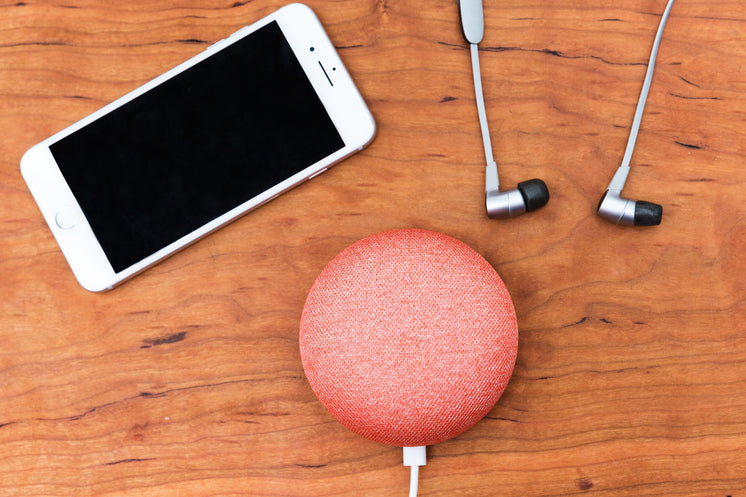As an integral part to male genitalia it is important that the foreskin receives special attention so as to maintain optimum health and hygiene. Proper care for this sensitive area can reduce the risk of infection, which can lead to serious medical issues if not treated. In this article we will discuss how to keep your feskin clean and healthy. We will also cover basic hygiene practices as well as tips on how to handle common issues, such phimosis. Whether you are a new parent considering circumcision options for your newborn son or an adult looking to improve your intimate self-care routine, understanding the fundamentals of foreskin care is vital for overall wellness. Foreskin Care 101 is a great way to understand the basics of health and hygiene.
Hygiene practices for foreskin care: From cleaning to drying
It is essential that males maintain good hygiene when it comes caring for their foreskin. Proper cleaning, drying, and sanitizing techniques can prevent discomfort and infections. Start by gently removing the cracked foreskin treatment from the area during showers and baths, then washing it with mild soap or water. Avoid using harsh soaps or strong chemicals that can irritate the sensitive skin in this area.After cleaning, be sure to dry the area thoroughly by blotting with a soft towel. Avoid rubbing the area as this may cause irritation and inflammation. It is also important not to use powders, lotions, or oils on the foreskin as they can trap bacteria and lead to infection. Consult your healthcare provider if you experience any unusual symptoms like itching, pain, or discharge.
Overall, practicing good habits of hygiene through proper cleaning the foreskin and drying it will go a very long way in maintaining optimal health.
Phimosis and Balanitis are among the most common issues and how to manage them.
The care of the foreskin is vital to maintaining optimal health in the male reproductive system. If left untreated, phimosis and tightness in the male foreskin may cause discomfort or increase the risk of infection. Phimosis occurs because the foreskin will not retract over the eyelids. This makes cleaning difficult. Balanitis, meanwhile, is inflammation of both the glans and the foreskin. By washing your hands with soap and water every day, you can keep bacteria away and reduce the risk of infection. Topical creams with steroids may be prescribed to reduce inflammation and improve the mobility of the foreskin in cases of phimosis.
Other common problems include penile thrush or yeast infections caused by an overgrowth on moist skin surfaces of the candida fungus that can be treated with antifungal medication. It is important to engage in safe sex in order to reduce the risk of sexually transmitted disease (STDs), as these can have a negative impact on your foreskin as well as your overall sexual reproductive health.
In conclusion, a good way to deal with common foreskin concerns is to maintain a daily hygiene routine that includes washing with soap and water. You should also seek medical attention from a doctor or healthcare professional if necessary. This will help prevent any serious complications later on. It will also protect your long-term health.

Circumcision Vs Non-Circumcision. Pros & Cons
Circumcision involves surgically removing the foreskin. Noncircumcision involves leaving it intact. Circumcised individuals are at a reduced risk for urinary tract infections, sexually transmitted disease and HIV. In addition, circumcision might reduce the chances of developing some types of penile carcinoma later in your life. Some groups may also view it as a religious tradition. Some individuals report reduced sensitivity during sexual intercourse following circumcision as well. Non-circumcision provides a greater level of natural lubrication and sensation in the penis.
The decision of whether to circumcise, or not, is ultimately a matter of personal preference. This involves weighing the benefits and risks that come with each option. Above all, proper hygiene should be practiced to prevent many issues that may arise from a lackluster foreskin.
Tips for Optimal Foreskin health: Diet, exercise, and lifestyle factors
It is important to keep your foreskin healthy by considering lifestyle factors such as diet, fitness, and exercise. Nutritional supplements like omega-3 fatty acid and vitamins A, C and E can help support healthy skin by providing essential nutrients. Regular exercise helps to improve circulation and reduce inflammation, which is good for skin health. Lifestyle factors like excessive alcohol consumption or smoking can have a negative influence on the health of your foreskin because they affect your immune system. It is important to have good hygiene habits, such as using warm water and avoiding harsh detergents that can dry the delicate skin. If you’re experiencing any discomfort or abnormalities such as redness or swelling of the foreskin, it’s essential to seek medical attention from a qualified healthcare provider for proper diagnosis and treatment options. Overall, taking good care of the foreskin can help maintain overall male genital health.

